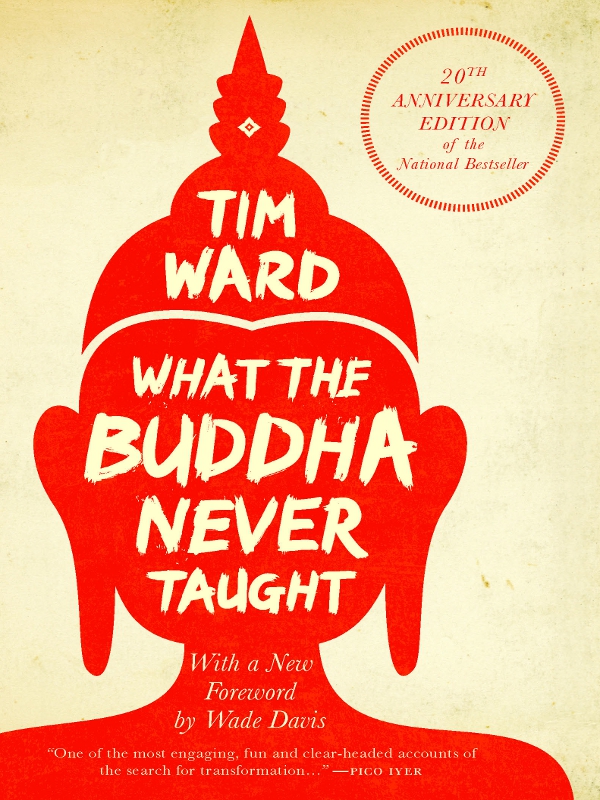
Tim Ward is the author of five books, including three spiritual travel adventures based on his six years living in Asia. His stories have appeared in thirteen anthologies, including Best Travel Writing 2006 and 2010. Wards commentaries on Asian life and culture have been broadcast by CBC Radio, and he gives frequent public talks based on his books. Now living in Washington, D.C., Tim still travels to South and East Asia several times a year, thanks to his work as an international communications consultant for economic, environmental, and development organizations. For more information, please visit www.timwardbooks.com

Books of Merit
What the Buddha Never Taught
BOOKS BY TIM WARD
THE NIRVANA TRILOGY
What the Buddha Never Taught
The Great Dragons Fleas
Arousing the Goddess
Savage Breast: One Mans Search for the Goddess
The Authors Guide to Publishing and Marketing
TIM
WARD
WHAT THE
BUDDHA
NEVER
TAUGHT
THOMAS ALLEN PUBLISHERS
TORONTO
Copyright 2010 Tim Ward.
All rights reserved. No part of this work may be reproduced or transmitted in any form or by any means graphic, electronic, or mechanical, including photocopying, recording, taping, or information storage and retrieval systems without the prior written permission of the publisher, or in the case of photocopying or other reprographic copying, a licence from the Canadian Copyright Licensing Agency.
Library and Archives Canada Cataloguing in Publication
Ward, Tim, 1958
What the Buddha never taught/Tim Ward.
ISBN 978-0-88762-620-3
1. Ward, Tim, 1958 TravelThailand. 2. Therava da Buddhism Thailand. 3. Monastic and religious life (Buddhism)Thailand.
da Buddhism Thailand. 3. Monastic and religious life (Buddhism)Thailand.
I. Title.
BQ7212.W37 2010 294.3'9109593 C2010-903802-9
Originally published in 1990 as
A Patrick Crean Book/Somerville House Publishing
Editor: Patrick Crean
Cover design: Black Eye Design
Cover image: HiDesign Graphics / iStockphoto
Published by Thomas Allen Publishers,
a division of Thomas Allen & Son Limited,
145 Front Street East, Suite 209,
Toronto, Ontario M5A 1E3 Canada
www.thomas-allen.com

The publisher gratefully acknowledges the support of
The Ontario Arts Council for its publishing program.
We acknowledge the support of the Canada Council for the Arts, which
last year invested $20.1 million in writing and publishing throughout Canada.
We acknowledge the Government of Ontario through the
Ontario Media Development Corporations Ontario Book Initiative.
We acknowledge the financial support of the Government of Canada through the
Book Publishing Industry Development Program (BPIDP) for our publishing activities.
10 11 12 13 14 5 4 3 2 1
Printed and bound in Canada
To Jim
Contents
Tim Ward and I first met backstage at the Vancouvers Writers Festival in 1993. Tim was launching The Great DragonsFleas, the second book of The Nirvana Trilogy. What the BuddhaNever Taught had just come out in the United States, so it was something of a double birth. I will never forget the easy rapport we shared from the moment we took our places at opposite ends of the stage and the evening unfolded. It was almost as if we were a long-established team, a two-man road show. Tim naturally, as anyone will know who has read his marvellous books, was the funny one. I remained my earnest and serious self. But our thoughts flowed effortlessly, each complementing the other, until it became difficult for us or the audience to recall who had in fact written which book. Indeed, as the night went on the flogging of books was forgotten. My work as an anthropologist and botanist had taken me to the Amazon and Andes, and the outer worlds of plants, culture, and landscape. Tims journeys, in so many ways more profound, had led him through Asia and an inner world of spirit and faith. He had lived on the streets of India, pursued the Dharma in Buddhist monasteries in Ladakh, taken vows as a monk, and joined the community of devotees at Wat Pah Nanachat, a commitment detailed with such humour, honesty and grace in What the Buddha Never Taught.
Only years later when my own thoughts turned to Asia did I discover what the Buddha did in fact teach. It is distilled in the Four Noble Truths. All life is suffering. By this the Buddha did not mean that all life was negation, but only that terrible things happen. Evil was not exceptional but part of the existing order of things, a consequence of human actions or karma. The cause of suffering was ignorance. By ignorance the Buddha did not mean stupidity. He meant the tendency of human beings to cling to the cruel illusion of their own permanence and centrality, and that this caused their isolation and separation from the stream of universal existence. The third of the Noble Truths was the revelation that ignorance could be overcome. The fourth and most essential was the delineation of a contemplative practice that if followed promised an end to suffering and a true liberation and transformation of the human heart. The goal was not to escape the world, but to escape being enslaved by it. The purpose of practice was not the elimination of self, but the annihilation of ignorance and the unmasking of the true Buddha nature, which like a buried jewel shines bright within every human being, waiting to be revealed. The Buddhas transmission, in short, offered nothing less than a roadmap to enlightenment. The proof of the efficacy of the science of the mind that is the essence of the Buddhist path is the serenity achieved by the individual who embraces the practice. Many Tibetans do not believe that we went to the moon, a lama once told me, but we did. We may not believe that they achieve enlightenment in this lifetime, but they do.
But they do not do so easily. I once met a true Bodhisattva, a wisdom hero, a realized being who had found enlightenment and yet remained in the realm of samsara, of suffering and ignorance, to assist all sentient beings achieve their own liberation. She was a Buddhist nun who as a young woman had gone into lifelong retreat. She had distilled her entire religious practice into a single mantra, Om Mani Padma Hung, six syllables representing the six realms that must be passed before the whole of samsara is emptied and complete purity is embraced through the heart essence of the Buddha. In reciting this one prayer every waking moment for forty-five years she had dedicated her entire life to the spreading of compassion and loving kindness. With each breath she had moved that much closer to her goal, which was not a place, but a state of mind, not a destination but a path of salvation and liberation.
Buddhism, as my old friend Matthieu Ricard once quipped, is not about the twiddling of thumbs. For all its wonderful evocations of life in a Thai forest monastery, the sharp portraits of the mystic saints and miscellaneous characters that stumble into the scene, the personal moments of doubt and near madness, this really is the central insight of What theBuddha Never Taught. Were Tim to be asked to add a coda to the fourth of the Noble Truths, it might well be easier said than done.
Next page
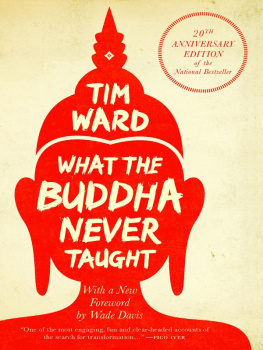








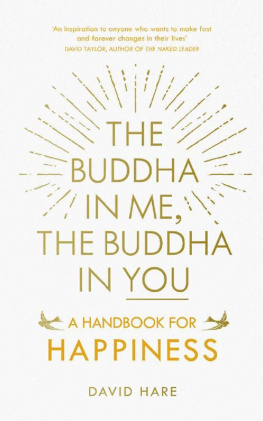
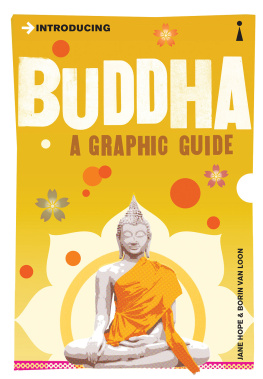
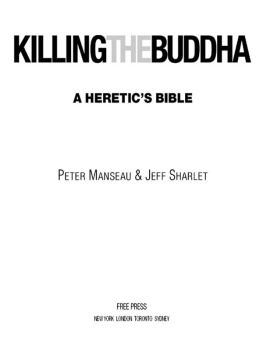


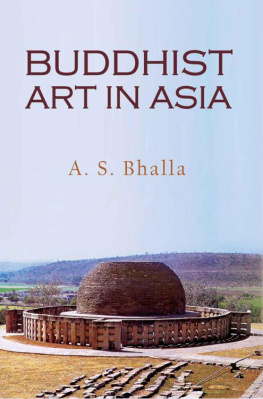


 da Buddhism Thailand. 3. Monastic and religious life (Buddhism)Thailand.
da Buddhism Thailand. 3. Monastic and religious life (Buddhism)Thailand.